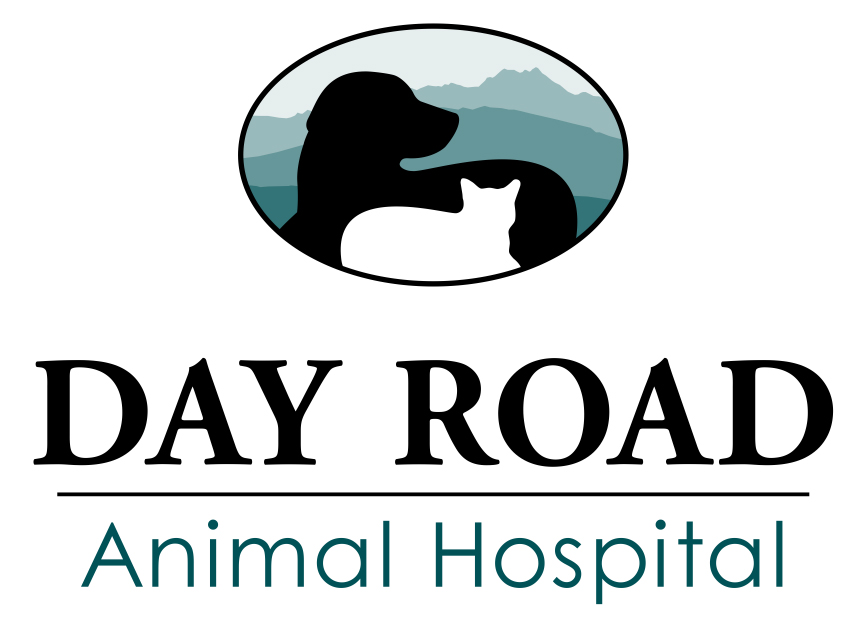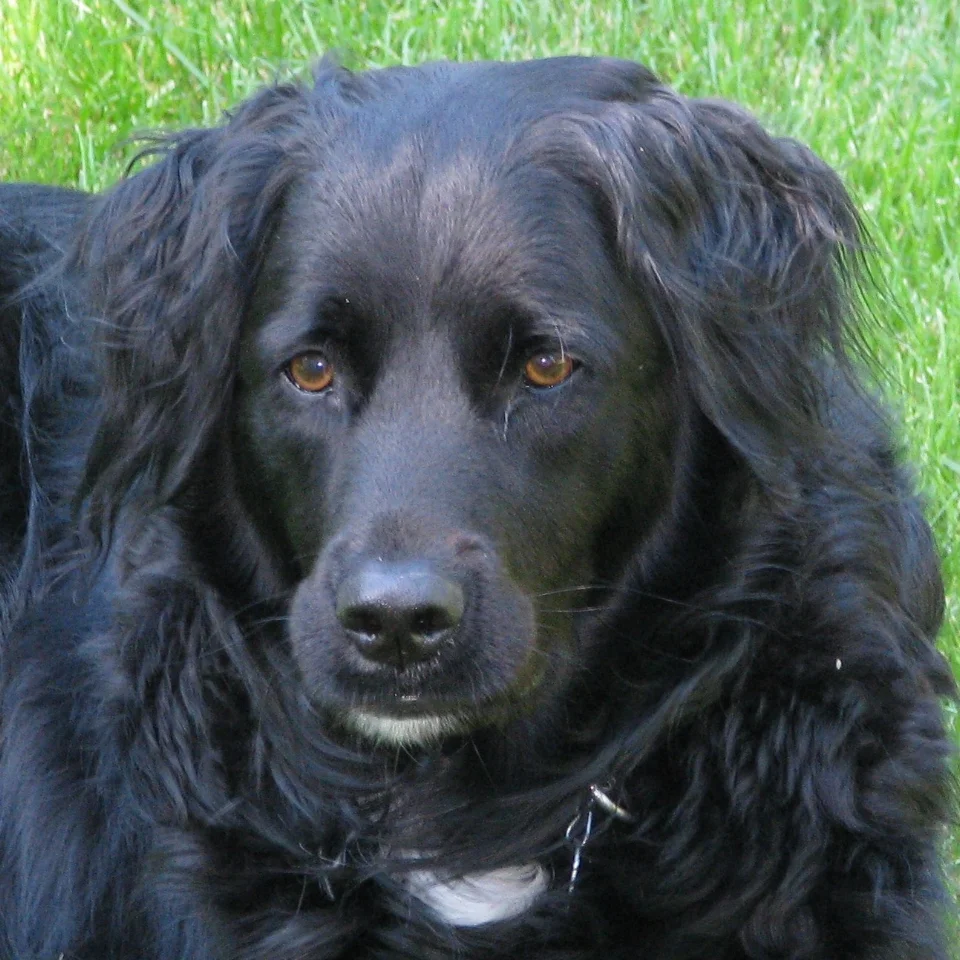Day Road Animal Hospital offers a full-range of services for your pet, including wellness care, dentistry, surgery and imaging.
Wellness Care
As anyone who has had pets know, they each have their own distinctive personality. In much the same way, each pet has their own distinctive medical needs. We will work with you to determine your pet's individual needs based on lifestyle, risk factors, age and medical condition.
Pediatrics
We love the little ones! As your puppy or kitten grows we'll help ensure that they develop into healthy, happy adults.
We recommend having your puppy or kitten examined every 3-4 weeks beginning around 6-8 weeks of age until they are around 16-18 weeks of age. We'll perform a full physical exam and discuss expected developmental milestones, parasite control, house training, well care and vaccination needs based on your pet's expected risks.
In general, most young patients will require a series of 2-4 sets of vaccination along with their exam. Performing a series of vaccines help ensure that your pet receives the appropriate protection.
Adulthood
As our pets mature into adults, their needs change. For most pets this stage of life begins at 1 year of age and extends until around 8 years of age, but does begin earlier for large breed dogs. We'll help you with your adult pet by performing annual physical examinations to detect problems early, with special focus on dental and nutritional needs.
We believe in, support and adhere to a balanced approach concerning vaccines.
Our vaccination protocols are custom tailored to your pet's lifestyle and are consistent with the recommendations of the American Animal Hospital Association and the American Association of Feline Practitioners.
Seniors
Just as our medical needs change as we age, so do our pets. As pets approach their later years, problems can begin to arise more frequently than they did when they were young. Beginning around 8 years of age (6 years for large dogs), our pets begin to require more attention to their well care.
Early detection of disease gives us a much better opportunity to reverse or delay the onset of problems, oftentimes before their clinical appearance.
Your senior pet will be well cared for by utilizing semi-annual examinations, regular blood and urine screenings, blood pressure measurements and radiographs where appropriate.
Dentistry
Did you know that 40-60% of your pet's teeth is hidden under the gumline, embedded in the jaw? Oftentimes, teeth that appear healthy on the surface can have significant disease occurring in the roots. We utilize both full mouth and targeted dental radiographs to ensure that painful periodontal disease is identified and treated appropriately.
Periodontal disease is a very common problem in our pets. According to one reference, as many as 75% of dogs and 67% of cats have some form of dental disease when they come to see their veterinarian. We believe strongly that dental disease has a negative impact on the quality of life. When your pet comes in, one of our doctors will discuss your pet's dental health with you and recommend appropriate healthcare. We support the American Veterinary Dental College's recommendations for dental examination and cleaning.
Imaging
A picture is worth a thousand words. From ultrasound to our 300ma main X-ray machine to our dental radiology unit, we are able to produce high-quality images of nearly any area of your pet. Our radiographs and ultrasound images are reviewed and a written report sent back to us, usually within 24 hours, through an agreement with board certified veterinary radiologists.
Laser Therapy
Laser Therapy has been used in humans for over 30 years. We are pleased to offer this exciting treatment for your pet. No sedation is required, minimal restraint is used and there is no discomfort during treatment. It is a non-invasive treatment that can reduce pain, improve mobility and enhance quality of life. Laser Therapy can help with arthritis, acute and chronic pain, back injuries, swelling and inflammation and wound healing. It can be used in conjunction with other medications or treatments.
Acupuncture
Acupuncture is the use of small needles at specific points on the body to produce healing changes in the body. Conditions that involve pain, inflammation, and paralysis are commonly treated with acupuncture. Some examples include: arthritis, intervertebral disk disease, nerve injury, gastrointestinal problem, and feline asthma. Acupuncture has been show to work through a variety of mechanisms, including nerve stimulation, increasing blood circulation, releasing pain relieving hormones, and relieving muscle spasms, among others. As the needles are very small and flexible, the majority of animals tolerate treatment very well and often become relaxed once the needles are inserted.









